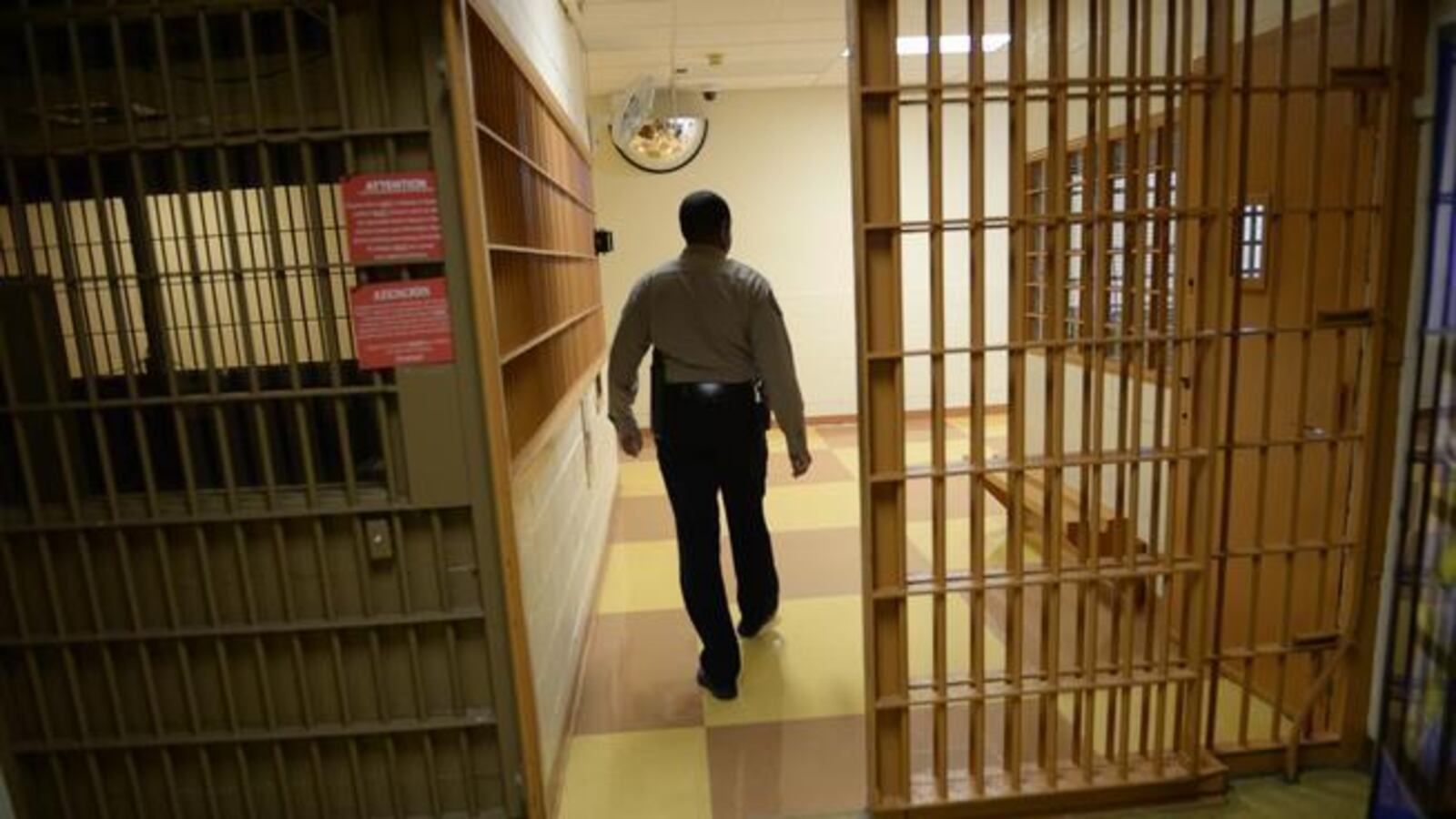It’s well known that children with parents who are in jail have the odds stacked against them in school. But a new study finds that the effects of incarceration can extend long after parents are released.
The study, published recently in the American Sociological Review, concludes that fathers who have ever been incarcerated are 28 percent less likely be involved with their children’s school activities, such as volunteering or attending parent-teacher conferences. Since parent engagement in school activities is associated with improvements in student achievement, the study points out, having a parent who is disengaged comes at a cost.
The effect holds true for fathers who were more engaged with their children before going to jail as well as for fathers who were already not very involved. (While there might be an effect on mothers’ engagement, the study found, it was neither clear nor significant.)
Exactly why fathers avoid their children’s school activities after they leave prison is unclear, according to the two authors, Anna Haskins of Cornell University and Wade Jacobsen of the University of Maryland. But they identify one clue in the growing body of research about “surveilling institutions” that collect information and are connected to the state apparatus.
Present-day schools can also be seen as surveilling institutions, through their keeping of formal records, increased security, and direct connections to other public agencies. Thus, parents associated with, involved in, or in fear of engagement with the criminal justice system might disengage from schools, reducing or inhibiting the extent of their involvement in their children’s schooling.
As research showing negative effects of parental incarceration has mounted, some schools and districts have taken steps to help children whose parents are in jail. San Francisco, for example, developed a special curriculum for students in that circumstance. And New York City allows some schools that are seeking to create diverse student populations to give preference in admissions to children with an incarcerated parent.
The study’s authors suggest another strategy: Schools should make parents who have been incarcerated feel welcome to walk in the door.
“Parental involvement in schooling is alterable, as are parental perceptions of schools as safe spaces. Both can be enhanced,” the authors write. “Policies that increase parental involvement among children of the incarcerated may lead to … educational success for this growing population of U.S. children.”


